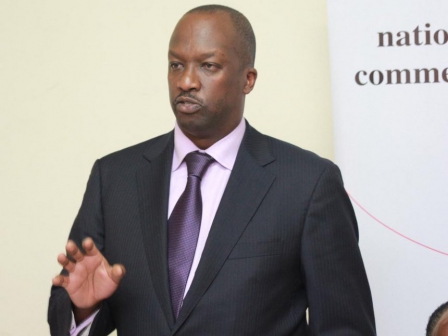×
The Standard e-Paper
Kenya’s Boldest Voice

The elections have come and gone but calls for peace and unity continue to echo throughout the country. And we must accept the fact that the only guarantor of lasting peace and prosperity is equal opportunity for all.
All Kenyans need to feel that they can achieve their full potential right here in Kenya and not elsewhere. This underlines the importance of making inclusivity a top national priority. The basis of inclusivity is the equality and dignity of all human beings.